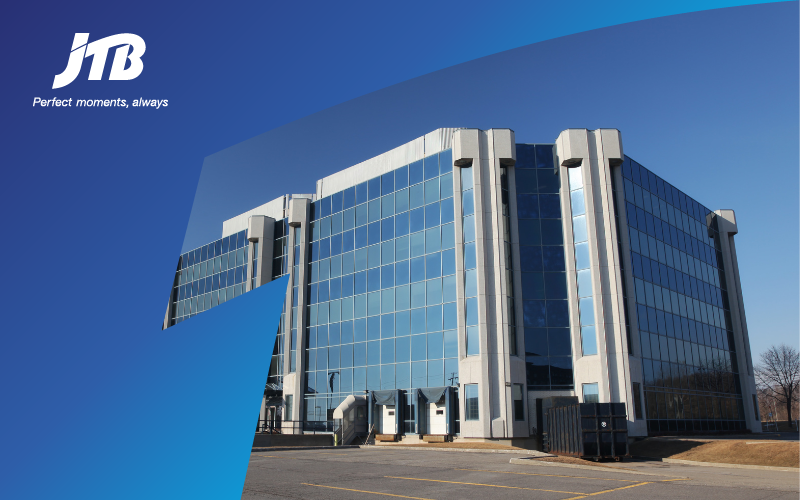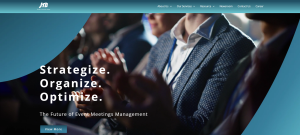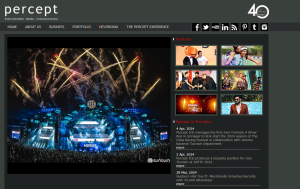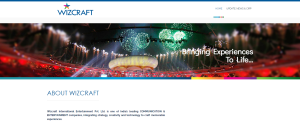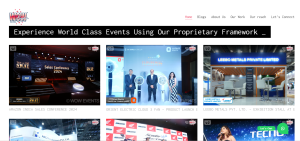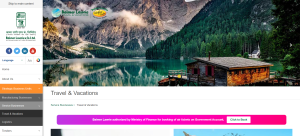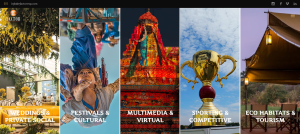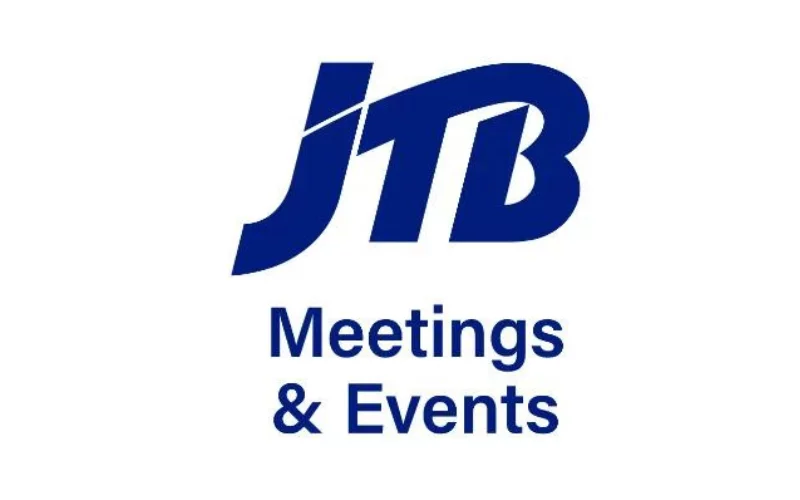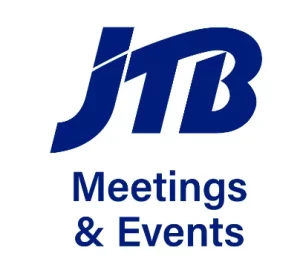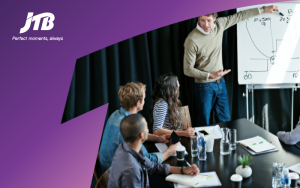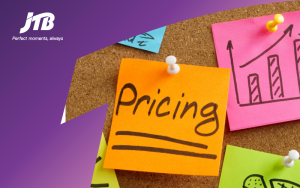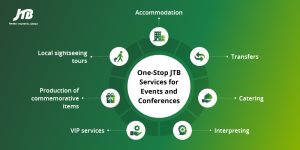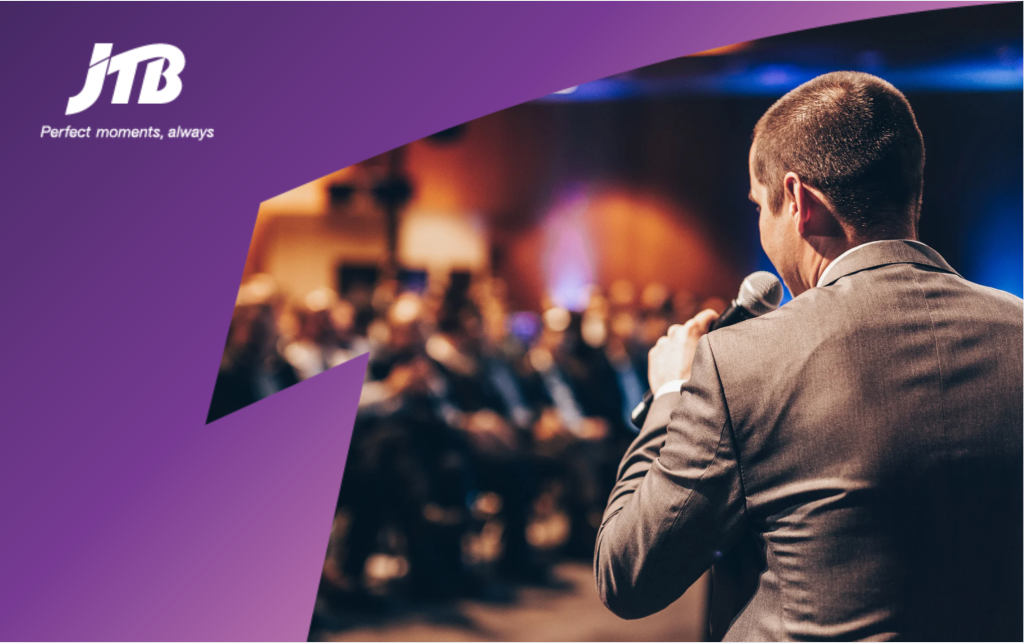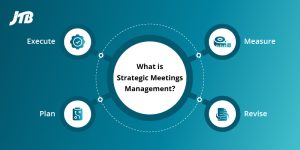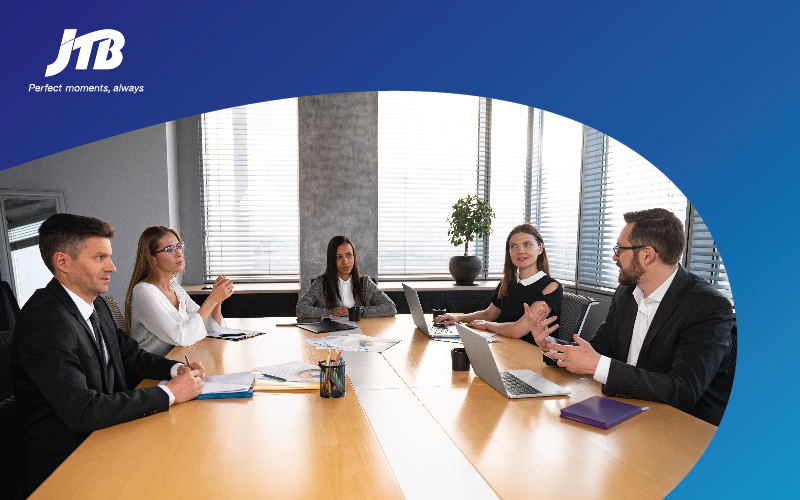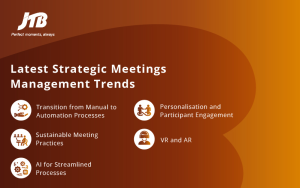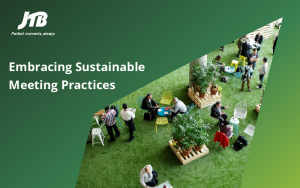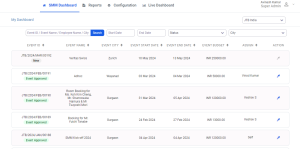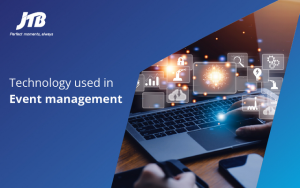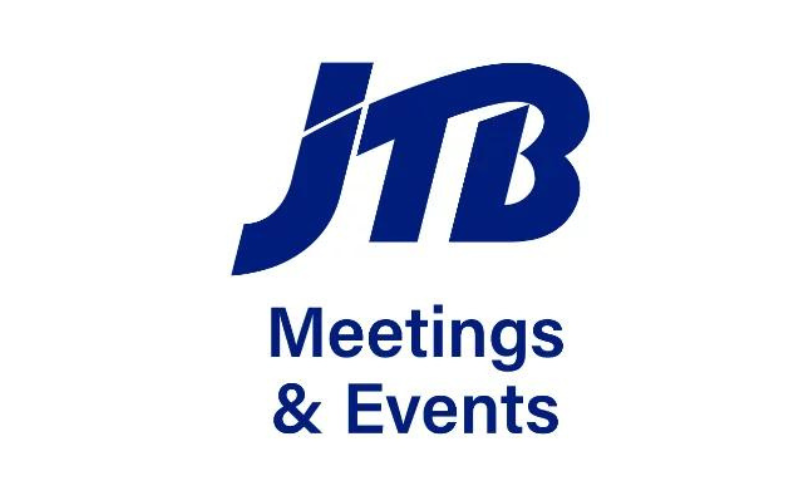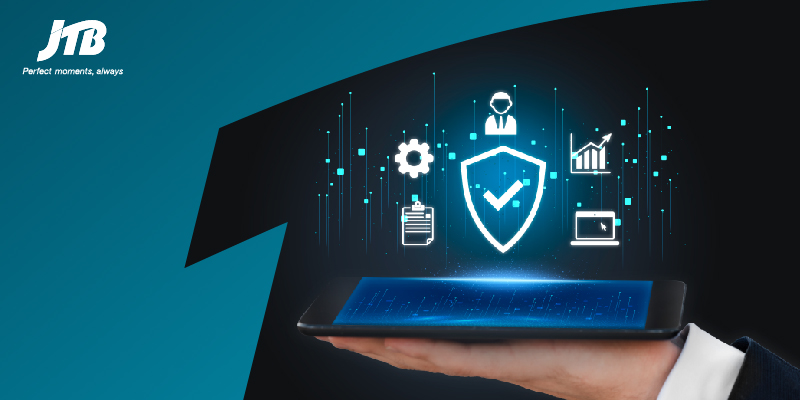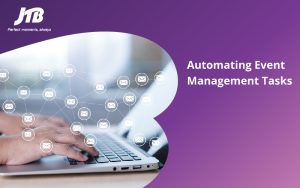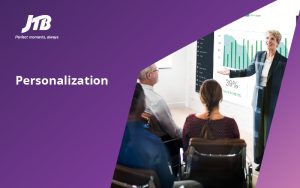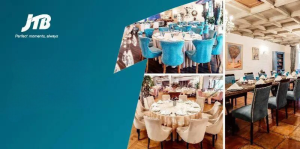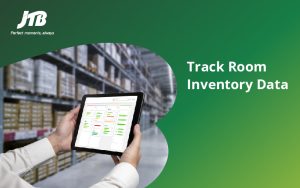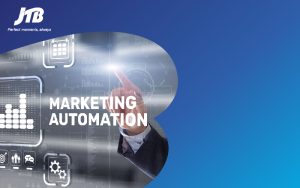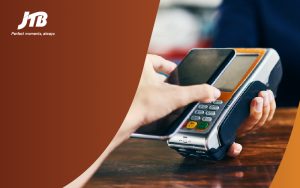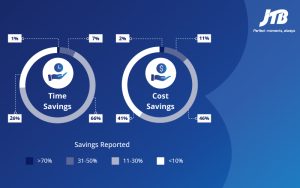7 Top Corporate Event Management Companies in India
Are you seeking to orchestrate an unforgettable corporate event? Look no further! In the bustling landscape of corporate events, the right event management company can make all the difference. From conceptualization to execution, their expertise can elevate your event from ordinary to extraordinary.
Choosing the right event management company is not just about convenience; it’s about ensuring the success and impact of your event. According to a survey by Harvard Business Review, 95% of people said that face-to-face meetings are essential to building long-term business relationships. With so much at stake, it’s essential to partner with a company that not only meets but exceeds your expectations.
In this comprehensive guide, we promise to spotlight the top 7 corporate event management companies in India. These companies have distinguished themselves through their expertise, creativity, and unwavering commitment to excellence. Whether you’re planning a large-scale conference or an intimate corporate retreat, our curated list will help you navigate the realm of corporate event management with confidence and clarity.
Importance of Expert Event Management
Corporate events are not just gatherings; they are opportunities for brands to shine, leaving a lasting impression on clients, stakeholders, and employees alike. A well-organised corporate event can significantly enhance brand reputation and contribute to overall business success. According to a study by Bizzabo, 80% of marketers believe that live events are critical to their company’s success, highlighting the profound impact of events on brand recognition and customer loyalty.
However, orchestrating a successful corporate event is no easy feat. It involves a myriad of tasks, from venue selection and logistics planning to guest management and entertainment coordination. The complexities involved in managing corporate events can quickly overwhelm even the most seasoned professionals.
This is where professional assistance becomes indispensable. Event management companies specialise in navigating these complexities with finesse, ensuring seamless execution and memorable experiences for all stakeholders involved. Their expertise extends beyond logistics; they bring creativity, innovation, and strategic thinking to the table, transforming visions into reality.
By entrusting your event to a reputable event management company, you can rest assured that every detail will be meticulously planned and flawlessly executed, allowing you to focus on your core business objectives. As we delve deeper into our exploration of the top corporate event management companies in India, it becomes increasingly evident that their expertise is indispensable in today’s competitive business landscape.
What Makes a Top Event Management Company?
When evaluating event management companies, it’s essential to consider several key factors that distinguish the best from the rest. These criteria serve as benchmarks for assessing expertise, creativity, reliability, and overall excellence in event management.
- Expertise: The best event management companies excel in planning and executing events flawlessly. They handle logistics, coordinate vendors, manage budgets, and minimise risks efficiently. Look for companies with a proven track record of managing various events successfully.
- Creativity: Top event management companies are known for their creativity. They bring innovative ideas to make each event unique and memorable. Whether it’s designing immersive experiences, using cutting-edge technology, or creating compelling event themes, creativity sets them apart.
- Reliability: Reliable event management companies deliver results on time and within budget. They communicate clearly, have transparent processes, and solve problems proactively. Clients can depend on them to ensure a successful event.
- Industry Recognition: Recognized event management companies have received awards and certifications for their outstanding work. These accolades show their commitment to quality and innovation. Look for companies with a strong reputation in the industry.
By carefully evaluating these key criteria, we have curated a list of the best partners to bring your corporate event vision to life with confidence and success.
Top 7 Corporate Event Management Companies in India
As we explore corporate event management in India, let’s highlight the top 7 companies known for their expertise, creativity, and reliability. These companies offer seamless and memorable event experiences to clients nationwide.
1. JTB India
JTB India redefines corporate event management through Strategic Meetings Management (SMM) solutions tailored to optimise every facet of your organisational gatherings. Leveraging advanced technology and a wealth of expertise, our SMM program empowers businesses to achieve unparalleled efficiency and success in their event planning endeavours.
We’re at the forefront of transforming corporate event management through advanced technological solutions. Our comprehensive suite of services is meticulously tailored to cater to the diverse needs of our clients, ensuring flawless planning, execution, and optimization of every event. Whether you’re orchestrating a corporate gathering, designing bespoke travel experiences, or streamlining meeting management processes, we leverage the power of technology to deliver unparalleled results. We offer a comprehensive suite of services tailored to diverse client needs.
Advantages
- Extensive Industry Experience: With decades of experience in the event management industry, JTB India brings a wealth of knowledge and expertise to every project, ensuring optimal outcomes for clients.
- Global Reach: With a network of offices and partners across India, JTB India can execute events seamlessly in any location, from bustling metropolises to remote destinations.
- Innovative Solutions: JTB India is known for its innovative approach to event planning, leveraging cutting-edge technology and creative thinking to deliver immersive and impactful experiences for clients and attendees alike.
- Modern Technology, JTB Connect: An innovative platform revolutionising event management. JTB Connect offers a range of features including streamlined communication channels, real-time event updates, interactive participant engagement tools, and comprehensive data analytics, empowering clients to plan, execute, and evaluate events with unparalleled efficiency and effectiveness.
- Personalised Service: JTB India prides itself on providing personalised service tailored to the unique needs and objectives of each client. Our dedicated team works closely with clients from concept development to execution, ensuring every detail is meticulously planned and flawlessly executed to exceed expectations.
Key Features
- End-to-End Event Management: JTB India offers comprehensive event management solutions, covering everything from concept development and planning to execution and post-event evaluation.
- Sustainable Events: JTB India is committed to sustainability and environmentally responsible event management practices. From eco-friendly venue selection to waste reduction initiatives, they strive to minimise the environmental impact of events while maximising their positive social and economic contributions.
- Dedicated Account Management: Each client is assigned a dedicated account manager who serves as a single point of contact throughout the event planning process, ensuring clear communication and seamless coordination.
- Commitment to Quality: JTB India is committed to delivering excellence in every aspect of event management, adhering to strict quality standards and best practices to exceed client expectations.
Disadvantages
- Our technology JTB Connect is working on adding more integration to offer advanced experience.
With its sterling reputation, proven track record, and commitment to excellence, JTB India continues to set the benchmark for corporate event management in India.
2. Percept D Mark
Continuing our exploration of the top corporate event management companies in India, let’s now turn our attention to Percept D Mark. Renowned for its innovative approach and stellar track record, Percept D Mark has carved a niche for itself in the competitive landscape of event management. They specialise in crafting bespoke event experiences that captivate audiences and elevate brands to new heights.
Advantages
- Percept D Mark is synonymous with creativity, consistently pushing the boundaries of event design and execution to deliver unparalleled experiences that leave a lasting impression.
- With a vast network of industry contacts and strategic partnerships, Percept D Mark has access to top-tier vendors, corporate event venues, and talent, ensuring seamless collaboration and flawless execution.
- Percept D Mark offers a comprehensive suite of services, including event planning, production, logistics, branding, and marketing, providing clients with a one-stop solution for all their event needs.
Disadvantages
- Due to their sterling reputation and track record of success, securing the services of Percept D Mark may require booking well in advance, especially during peak event seasons.
- While Percept D Mark delivers exceptional value and quality, their premium services may come at a higher price point compared to some competitors, making them less accessible to budget-conscious clients.
3. Wizcraft
With a legacy of excellence and a reputation for innovation, Wizcraft is a name synonymous with unforgettable event experiences. Wizcraft specialises in crafting immersive and impactful events that resonate with audiences and elevate brands to new heights. From grand galas to intimate corporate gatherings, Wizcraft has the expertise and creativity to bring any event vision to life with flair and finesse.
Advantages
- Wizcraft is renowned for its creative prowess, consistently pushing the boundaries of event design and storytelling to create memorable experiences that captivate and inspire.
- It boasts an extensive network of industry contacts and strategic partnerships, granting them access to top-tier vendors, venues, and talent. This allows for seamless collaboration and execution of events, ensuring exceptional quality and results.
- Wizcraft boasts an extensive network of industry contacts and strategic partnerships, allowing them to access top-tier vendors, venues, and talent, ensuring seamless collaboration and execution.
Disadvantages
- Due to their sterling reputation and track record of success, securing the corporate event services of Wizcraft may require booking well in advance, particularly during peak event seasons.
- While Wizcraft delivers exceptional value and quality, its premium services may come at a higher price point compared to some competitors, making them less accessible to budget-conscious clients.
4. Wow Events
Wow Events is a force to be reckoned with in the industry. They specialise in curating unforgettable event experiences that leave a lasting impression on attendees and stakeholders alike. From conceptualization to execution, Wow Events takes pride in delivering seamless and memorable events that exceed client expectations.
Advantages
- Known for their meticulous attention to detail, Wow Events ensures that every aspect of the event is flawlessly executed.
- Wow Events prioritizes client satisfaction and works closely with clients to understand their vision, preferences, and objectives.
- With a commitment to environmental sustainability, Wow Events integrates eco-friendly practices into their event planning and execution.
Disadvantages
- Wow Events’ vendor network may be narrower, potentially limiting options for sourcing supplies, services, and entertainment.
- They may face challenges in terms of brand recognition and market visibility. Building a strong brand presence and reputation requires strategic marketing efforts and consistent delivery of high-quality events to garner recognition and trust from clients and stakeholders.
5. Balmer Lawrie
Balmer Lawrie is a name synonymous with professionalism and reliability in the industry.
Balmer Lawrie specialises in providing end-to-end event management solutions tailored to the unique needs of each client. From conceptualization to execution, they strive to deliver seamless and memorable event experiences that leave a lasting impression.
Advantages
- With decades of experience in the industry, Balmer Lawrie brings a wealth of knowledge and expertise to every project, ensuring optimal outcomes for clients.
- Balmer Lawrie has a widespread presence across India, allowing them to execute events seamlessly in any location, from bustling metropolises to remote destinations.
- Balmer Lawrie takes an event personalisation approach to event management, working closely with clients to understand their objectives and preferences, and then delivering tailored solutions that exceed expectations.
Disadvantages
- While Balmer Lawrie delivers exceptional quality and service, their premium offerings may come at a higher price point compared to some competitors, making them less accessible to budget-conscious clients.
- Due to their standardised processes and protocols, clients seeking highly customised or niche solutions may find Balmer Lawrie’s offerings somewhat restrictive.
6. Cineyug Celebrations
Cineyug Celebrations is a top choice for corporate event management, combining creative expertise, industry experience, and personalised service to deliver outstanding results. With their commitment to excellence and client satisfaction, Cineyug Celebrations continues to set the standard for top corporate event management companies in India.
Advantages
- The company can leverage its strong ties with the entertainment industry to secure top-tier celebrity appearances and performances for events, enhancing its allure and appeal.
- Embracing cutting-edge technology, the company incorporates innovative solutions such as virtual reality, augmented reality, and live streaming into its events, enhancing engagement and interactivity.
Disadvantages
- Despite its versatility, Cineyug Celebrations may have limitations in organizing niche or specialised events that fall outside its core expertise.
- Delivering events of such high caliber comes at a premium cost, making Cineyug Celebrations’ services inaccessible to budget-conscious clients.
7. E-Factor Entertainment
E-Factor Entertainment exemplifies excellence in corporate event management, combining creative expertise, strategic thinking, and meticulous execution to deliver outstanding results. With its commitment to quality and client satisfaction, E-Factor Entertainment continues to be a top choice for discerning clients across India.
Advantages
- It offers a diverse range of events catering to various interests and demographics.
- The company has established a robust network of vendors, suppliers, and partners across India, enabling them to access top-notch resources and services at competitive rates.
Disadvantages
- Coordinating various aspects of event logistics, such as transportation, accommodations, and security, can be complex and prone to unexpected issues.
- Organizing large-scale events can be financially burdensome, especially considering venue rentals, artist fees, marketing expenses, and other overhead costs.
Conclusion
Choosing the best event management company can be tough but it’s vital as it can make a huge difference. From ensuring seamless execution to crafting memorable experiences, the right company can elevate your event to new heights. Throughout this exploration of the top corporate event management companies in India, we’ve witnessed the diverse expertise, creativity, and reliability they bring to the table. Each company has its unique strengths and offerings, catering to the varied needs of clients across industries.
As you plan your next corporate event, we encourage you to leverage the insights provided here to make informed decisions. Whether you’re hosting a large-scale conference or an intimate retreat, selecting the right event management company is paramount to the success of your event. That’s where JTB India comes in to enhance and manage your end-to-end corporate event with professionals. Get in touch with us and discuss your needs, objectives, and vision to kickstart the planning process. Make your corporate event a resounding success with the expertise and support of top corporate event management companies in India.

